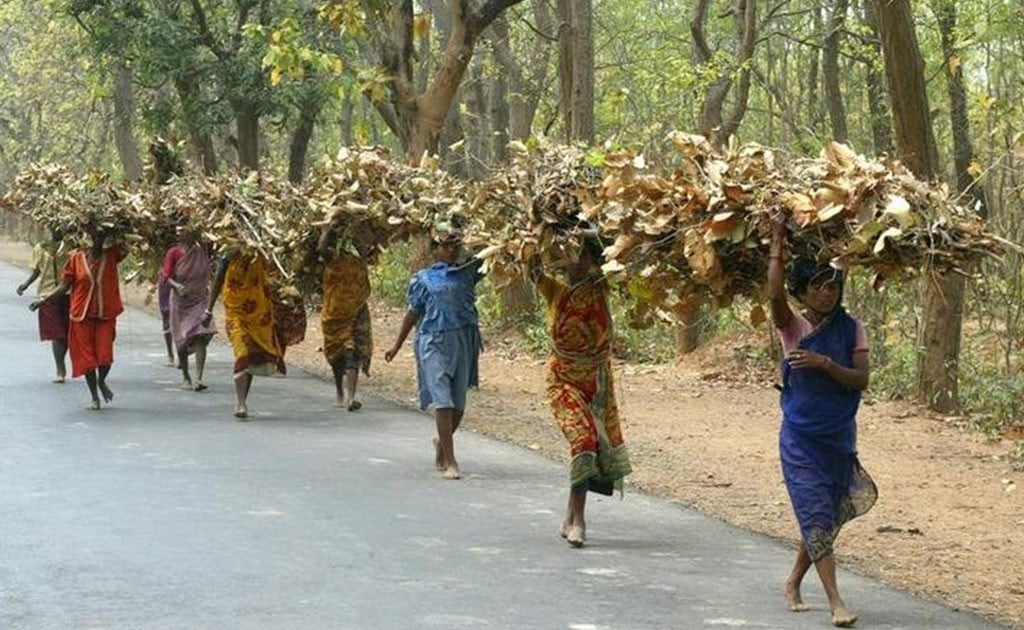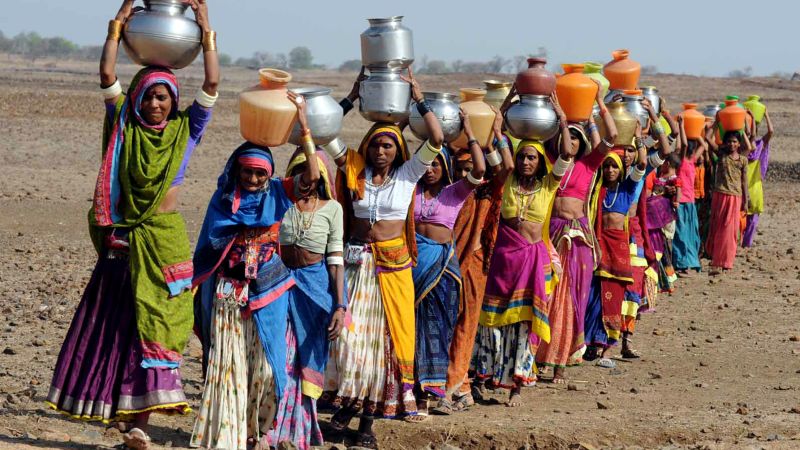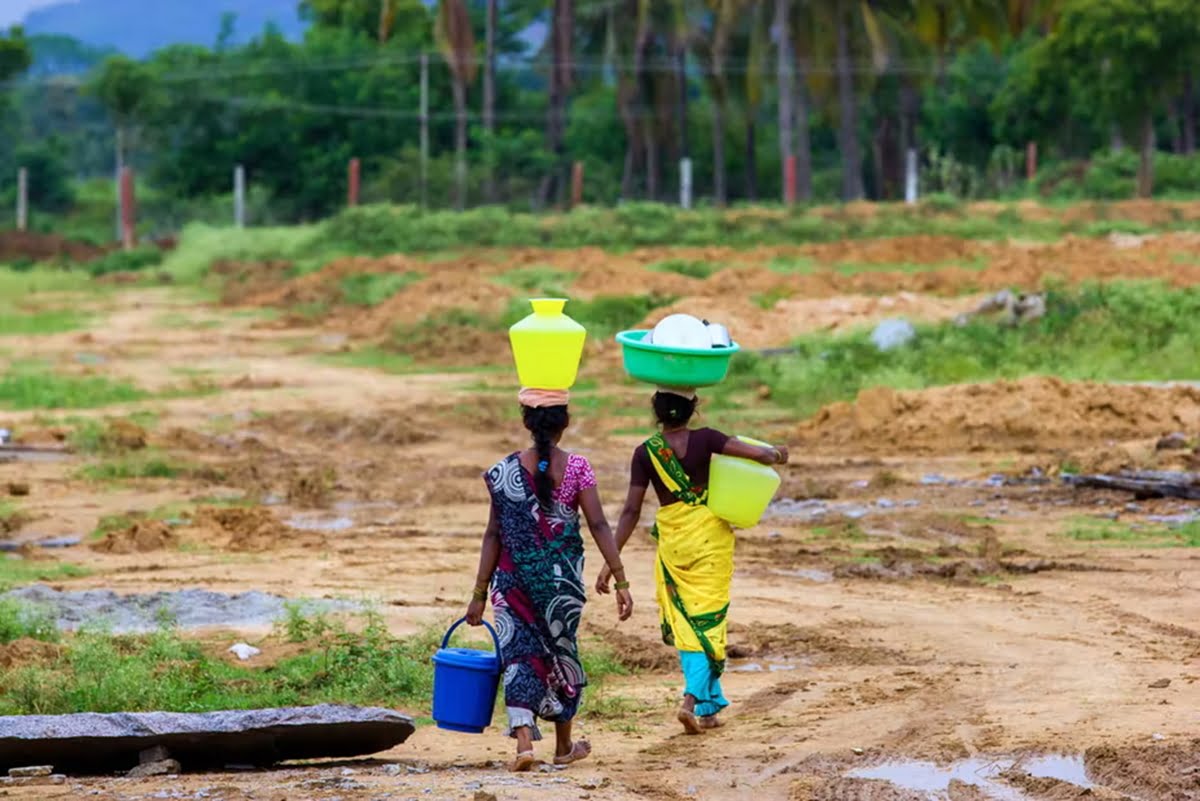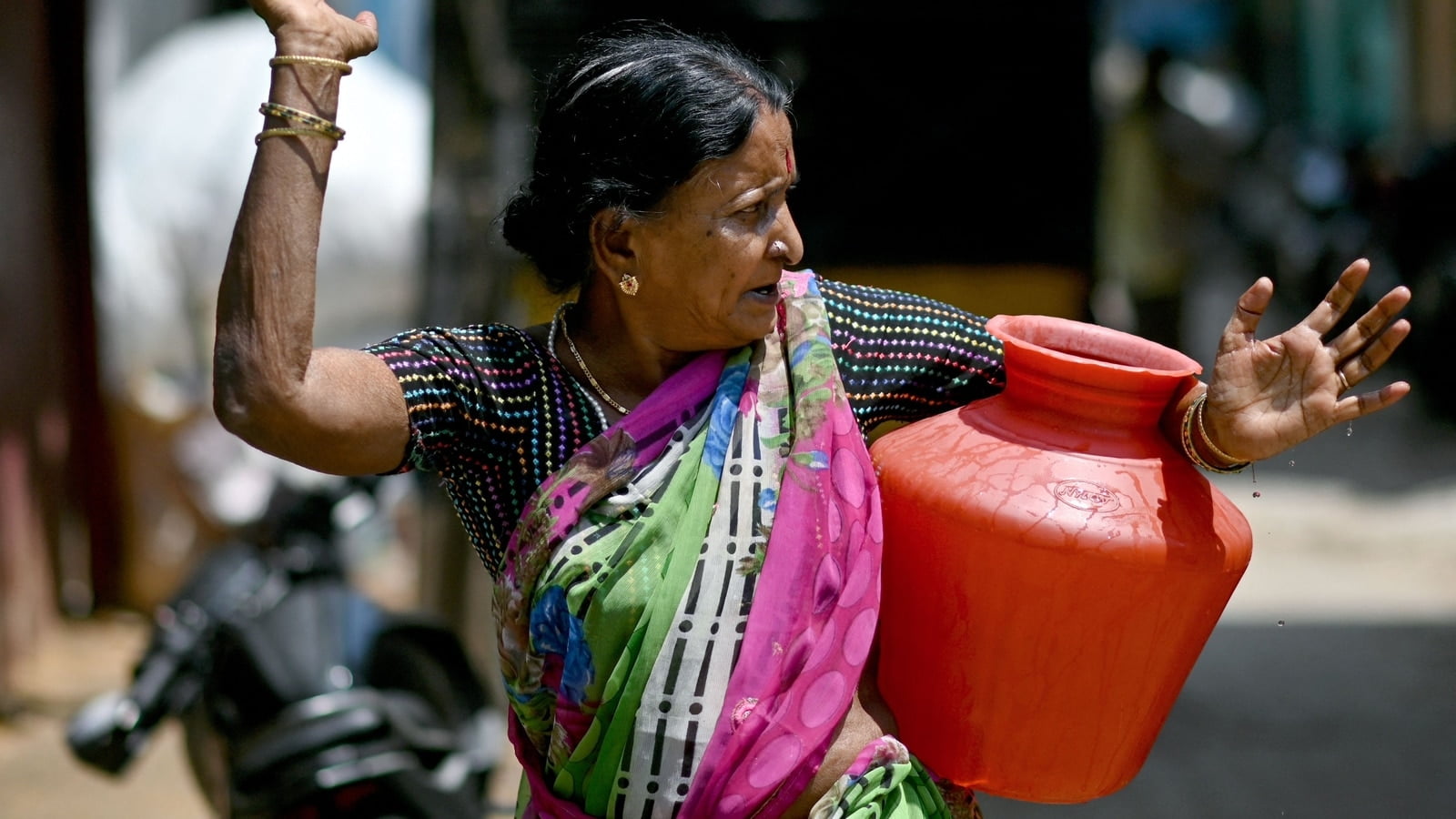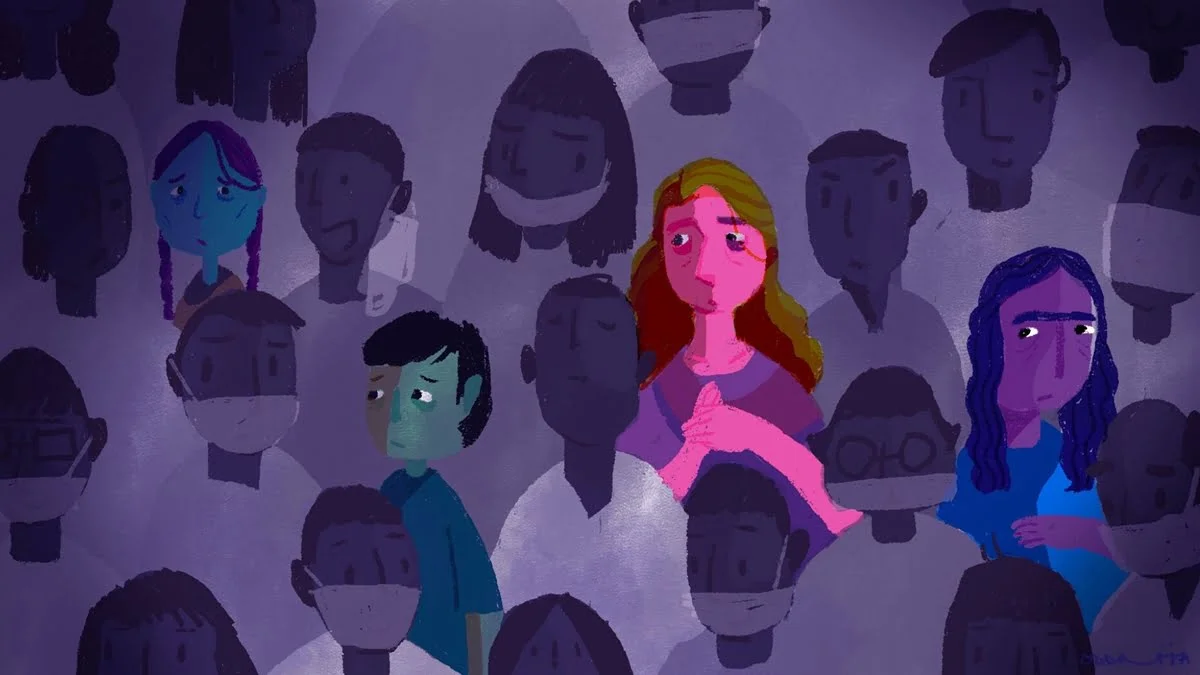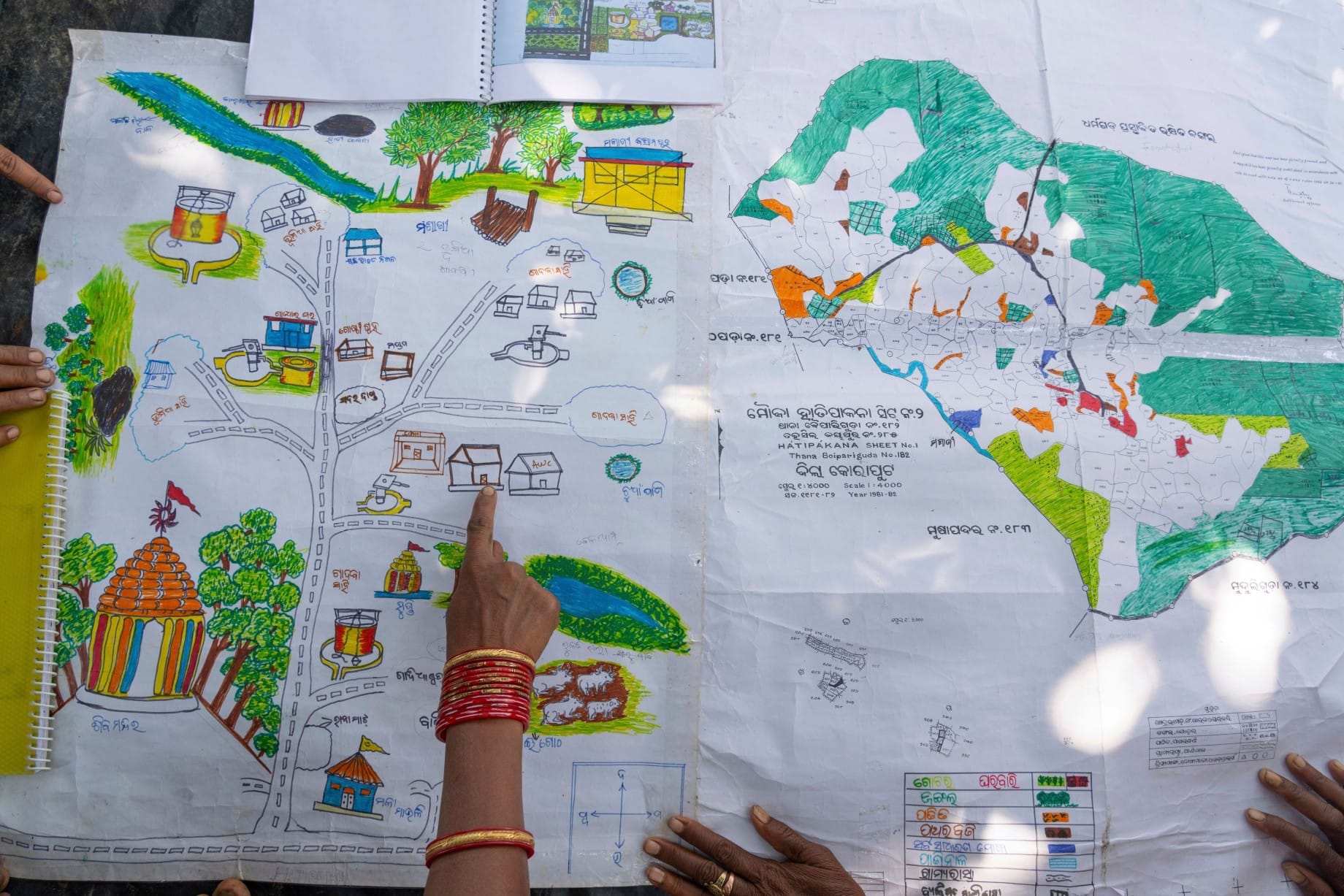In a recent landmark ruling, a three-judge bench led by the Chief Justice of India DY Chandrachud made a significant ruling aimed at expanding the purview of Article 14 and Article 21 of the Indian Constitution. This ruling pertained to incorporating the ‘right against the adverse effects of climate change’ within the ambit of these constitutional provisions.
This ruling pertained to incorporating the ‘right against the adverse effects of climate change’ within the ambit of these constitutional provisions.
Article 14 mandates that the State must ensure equality before the law and equal protection of laws for all individuals within the country’s territory. Meanwhile, Article 21 guarantees both citizens and non-citizens protection of life and personal liberty, stating that no person shall be deprived of these except through established legal procedures.
The environmental consciousness within Indian constitution
This judicial decision underscores the evolving environmental consciousness within the Indian Constitution. The Constitution is often regarded as a living document, subject to interpretation by the Supreme Court. In addressing environmental concerns, particularly those related to climate change, the Supreme Court has interpreted constitutional articles to broaden their applicability and significance in safeguarding both human welfare and the natural world.
The three-judge bench referenced Article 48A and Clause (g) of Article 51A of the Indian Constitution to support its decision. Article 48A emphasises the State’s responsibility to protect and enhance the environment, including the preservation of forests and wildlife. Clause (g) of Article 51A places a duty on every Indian citizen to safeguard and improve the natural environment, demonstrating the Constitution’s recognition of the importance of ecological preservation. The bench stated:
‘Article 48A of the Constitution provides that the State shall endeavor to protect and improve the environment and to safeguard the forests and wildlife of the country. Clause (g) of Article 51A stipulates that it shall be the duty of every citizen of India to protect and improve the natural environment including forests, lakes, rivers and wildlife, and to have compassion for living creatures. Although these are not justiciable provisions of the Constitution, they are indications that the Constitution recognises the importance of the natural world’
Moreover, the bench emphasised that while these constitutional provisions may not be directly enforceable, they serve as indicators of the Constitution’s acknowledgment of environmental significance. They asserted that the right to a clean environment and protection against the adverse effects of climate change are inherent within Articles 21 and 14, reflecting the fundamental rights enshrined in the Constitution. The bench said:
‘The importance of the environment, as indicated by these provisions, becomes a right in other parts of the Constitution. Article 21 recognises the right to life and personal liberty while Article 14 indicates that all persons shall have equality before law and the equal protection of laws. These Articles are important sources of the right to a clean environment and the right against the adverse effects of climate change’
Furthermore, the bench expressed concerns regarding the lack of comprehensive legislative measures addressing climate change despite existing governmental policies and regulations acknowledging its adverse impacts. However, they emphasised that the absence of specific legislation does not negate the rights of Indian citizens against the adverse effects of climate change. The three judge bench stated:
‘Despite governmental policy and rules and regulations recognising the adverse effects of climate change and seeking to combat it, there is no single or umbrella legislation in India which relates to climate change and the attendant concerns”.However, this does not mean that the people of India do not have a right against the adverse effects of climate change.’
This ruling follows precedents set by earlier judicial decisions such as the Menaka Gandhi (1978) case, wherein the Supreme Court expanded the scope of Article 21 to include environmental rights, such as the right to a pollution-free environment, protection against hazardous industries, and freedom from noise pollution. Through these decisions, the Supreme Court continues to reinforce the importance of environmental protection within the framework of Indian constitutional law.
How climate change violates the right to life and equality
In April, India experiences widespread heatwaves, a phenomenon increasingly linked by climate scientists to climate change (El-Nino). This shift in weather patterns poses significant risks for farmers, potentially leading to drought-like conditions that can have adverse effects on their livelihoods. Recent events, such as the ongoing water crisis in Bengaluru and fears of a cholera outbreak, underscore the immediate threats posed by these changes. These factors, directly and indirectly impacting individual health and exacerbating income disparities among farmers, can ultimately infringe upon fundamental rights such as the right to life and the right to equality. Echoing these concerns the judgment noted:
‘The right to health (which is a part of the right to life under Article 21) is impacted due to factors such as air pollution, shifts in vector-borne diseases, rising temperatures, droughts, shortages in food supplies due to crop failure, storms, and flooding. The inability of underserved communities to adapt to climate change or cope with its effects violates the right to life as well as the right to equality… If climate change and environmental degradation lead to acute food and water shortages in a particular area, poorer communities will suffer more than richer ones’
Climate change worsens the plight of economically disadvantaged individuals who lack sufficient coping mechanisms to navigate climate-related disasters. Furthermore, climate change intersects with social factors such as class, caste, and gender. The subsequent section will delve into how the negative effects of climate change intersect within various demographic groups.
The intersectional impact of climate change adversities
The unequal distribution of the adverse effects of climate change disproportionately burdens marginalised and vulnerable populations, who often lack sufficient resources to mitigate these impacts. For instance, climate-induced droughts or water crises can particularly affect women, who typically bear the responsibility of fetching water from distant sources and managing it for household needs.
Additionally, impoverished individuals residing in inadequate living conditions are especially vulnerable to the health hazards posed by heatwaves, which can have fatal consequences. Moreover, various environmental health issues stemming from air and water pollution can lead to respiratory and waterborne illnesses, further exacerbating the financial strain on already disadvantaged communities. These illnesses increase out-of-pocket healthcare expenses, consequently widening income disparities within society.
Moreover, various environmental health issues stemming from air and water pollution can lead to respiratory and waterborne illnesses, further exacerbating the financial strain on already disadvantaged communities.
Acknowledging that the detrimental effects of climate change intersect with gender, the ruling articulated:
‘Violations of the right to a healthy environment can reverberate across numerous rights domains, including the right to life, personal integrity, health, water, and housing, as well as procedural rights such as information, expression, association, and participation… Unequal energy access disproportionately affects women and girls due to their gender roles and responsibilities such as through time spent on domestic chores and unpaid care work.’
Climate change remains conspicuously absent from the discourse within the Indian political arena, with concerns and issues related to it receiving far less attention compared to other political matters. Yet, climate change serves as a fundamental factor impacting various aspects of our lives, ranging from food and health security.
Despite its invisibility in our political landscape, many of the political and social challenges we face stem from its adverse effects, making climate change culpable for these issues.
Despite its invisibility in our political landscape, many of the political and social challenges we face stem from its adverse effects, making climate change culpable for these issues. It is imperative that climate change takes center stage as a primary concern in the political landscape. While the judiciary’s role is increasingly significant, it is equally crucial for voices advocating for climate justice to emerge from within society.
